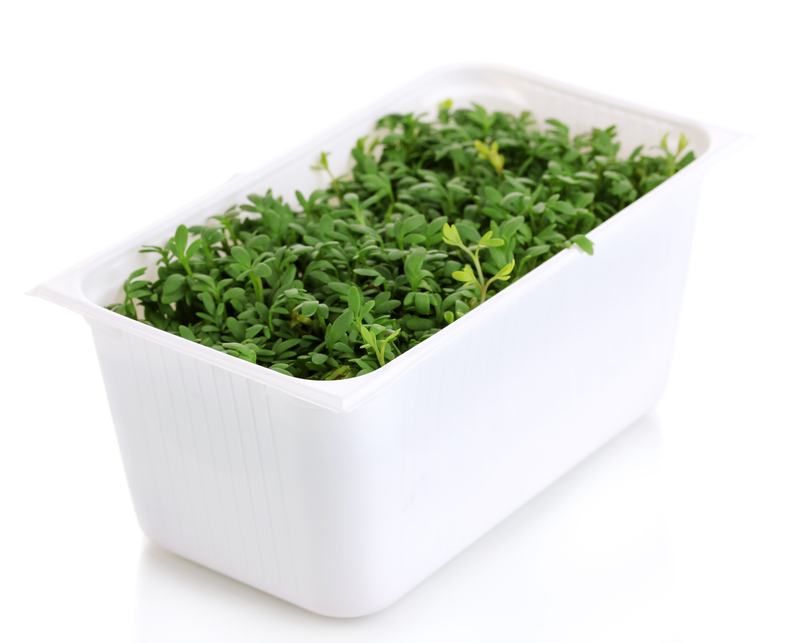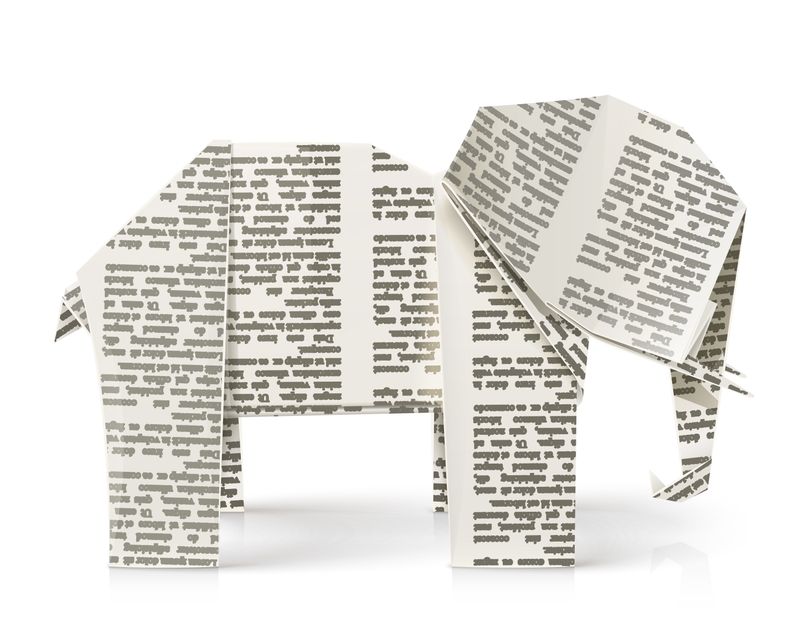Discover How De-Cluttering Can Transform Your Stress Levels
Are you feeling overwhelmed or anxious in your own space? Are you constantly searching for lost items, or do you feel weighed down by the sheer amount of possessions around you? If so, you're not alone. Many people experience heightened stress levels due to a cluttered environment. But what if we told you that making the decision to de-clutter your space could holistically transform your mental well-being? In this comprehensive guide, we explore the powerful connection between decluttering and stress relief--and provide you with actionable tips and strategies to reclaim your calm.

Understanding the Link Between Clutter and Stress
Clutter is more than just a visual nuisance. Research increasingly supports that living or working in a disorganized environment can significantly increase your stress levels and affect your mental health. The constant reminders of disorganization and unfinished tasks can overload your senses, drain your energy, and rob you of the peace of mind you deserve.
- Mental overload: Clutter bombards your brain with excessive stimuli, making it more difficult to focus or relax.
- Physical consequences: Chronic stress from clutter can manifest as headaches, insomnia, or even lowered immune function.
- Emotional toll: An untidy environment often leads to guilt, frustration, and procrastination.
- Impact on relationships: Clutter can strain relationships, leading to arguments between family members and housemates.
A clean and orderly environment, on the other hand, serves as a sanctuary from the chaos of the outside world. This is why so many experts highlight the importance of decluttering for stress management.
Why Does Clutter Cause Stress?
To truly appreciate how decluttering helps reduce anxiety, it's useful to delve into the reasons clutter triggers stress. Psychologists suggest clutter activates the visual cortex, forcing your brain to process extra stimuli. This makes it harder for you to concentrate and can sabotage your productivity.
*Simply put, clutter is a reminder of unfinished business.* Every object out of place, every stack of unopened mail, and every overflowing closet can signal tasks you haven't completed. This can lead to feelings of inadequacy, guilt, and ongoing stress. Decluttering your home or workspace isn't just about aesthetics; it's about mental clarity.
The Science-Backed Benefits of Decluttering
A growing body of research illustrates the positive impact of an organized environment. Here's how clearing away clutter transforms your stress levels:
- Improved focus and concentration: A tidy space minimizes distractions, supporting deeper focus and productivity.
- Enhanced mental health: Multiple studies show a direct correlation between clutter and depression or anxiety. Clearing clutter can boost your mood nearly instantly.
- Better sleep: Removing visual chaos from your bedroom has been shown to enhance sleep quality.
- Boosted energy: Once you eliminate clutter, you may notice a renewed sense of vigor, motivation, and positivity.
- Reduced cortisol levels: Research by the Princeton Neuroscience Institute reveals that clutter increases cortisol (the stress hormone), while an organized environment reduces it.
Simply put, decluttering can be your first step toward a calmer, healthier life.
Practical Tips for Decluttering and Lowering Stress
Ready to take action? Effective decluttering doesn't need to be daunting or time-consuming. With small, manageable steps, you can create an oasis of calm in any area of your life. Here are some powerful strategies for using decluttering to lower stress levels:
- Start small: Choose a drawer or a single shelf. Doing so creates visible progress without overwhelm.
- Sort and categorize: Group items into "keep," "donate," "recycle," and "discard" categories to make decisions easier.
- Set a timer: Declutter in 15- or 20-minute bursts to maintain motivation.
- Be mindful of emotions: Letting go of items can be tough. Ask yourself if each item is useful or brings joy.
- Organize as you go: Use boxes, baskets, and labels to maintain order long term.
- Repeat regularly: Dedicate a little time each week to keep clutter from creeping back in.
Remember: Decluttering isn't a one-time event. Consistency is key in creating and maintaining a stress-reducing environment.
Room-by-Room Decluttering Plan
If you're unsure where to begin, take a systematic approach by tackling one room at a time. Here's a sample plan for decluttering to reduce your anxiety and stress:
- Entryway: Keep only essentials, such as shoes and jackets currently in use. Add hooks or a basket for keys and mail.
- Living room: Remove outdated magazines, unnecessary decor, and items that don't belong. Store electronics and remotes in baskets or drawers.
- Kitchen: Purge duplicate utensils and expired food. Keep only what you use regularly on countertops for a calming effect.
- Bedroom: Clear away clothes you no longer wear, organize drawers, and keep surfaces uncluttered to promote restful sleep.
- Bathroom: Toss old toiletries and empty bottles. Store daily essentials in easy-to-access locations.
Emotional Decluttering: Reducing Mental Clutter
Decluttering is not limited to physical possessions. Mental clutter--such as racing thoughts, worries, and to-do lists--also contributes to stress. Here are some techniques to declutter your mind for reduced stress:
- Journaling: Write down thoughts and worries to gain perspective and let go of recurring anxieties.
- Digital detox: Unsubscribe from unnecessary emails, clean up your desktop, and delete unused apps for a clearer mind.
- Meditation: Spending a few minutes in mindfulness each day can help you process thoughts and reduce overwhelm.
How Decluttering Transforms Your Day-to-Day Life
The true magic of decluttering to transform your stress levels lies in the ripple effect. By clearing your physical environment, you may notice:
- Increased productivity: With fewer distractions, you can accomplish tasks more efficiently.
- Greater sense of control: An organized space can give you the confidence and mental space to tackle other challenges in life.
- More time for what matters: Less time spent searching for lost items means more quality time for yourself and loved ones.
- Improved well-being: A clean, clutter-free space simply feels better, subtly enhancing your daily mood and satisfaction.
In essence, decluttering for stress reduction is about making room for peace, creativity, and joy.
Transform Your Stress Levels with a Decluttering Mindset
Adopting a clutter-free mindset is a journey, not a destination. It demands honest reflection about what you need and value, as well as a willingness to let go of what no longer serves you. This process can be freeing and empowering.
- Practice gratitude for the items you choose to keep, acknowledging their purpose in your life.
- Reframe letting go not as loss, but as making room for new opportunities.
- Stay intentional with new purchases, ensuring every addition to your space enriches your life.
With ongoing commitment, decluttering becomes second nature, and so does the peace that follows.
Decluttering Success Stories: Real Results
Thousands of individuals worldwide have discovered that clearing the clutter brings measurable relief from chronic stress. Consider the story of Sarah, a busy working mother, who struggled to balance her career and home life. After dedicating just 20 minutes each day to decluttering, she reported improved focus, better sleep, and a revived sense of joy in her home. Her secret? Staying consistent and celebrating small victories.
You too can experience these benefits. The journey of decluttering and reducing your stress is comprised of small steps that add up to significant transformation.

Decluttering Tools, Resources, and Apps to Help Lower Stress
Take advantage of the many modern resources designed to support your decluttering journey for stress relief:
- Apps: Try apps like Tody, Sortly, or Clutterfree for guidance and progress tracking.
- Books: Marie Kondo's The Life-Changing Magic of Tidying Up and Francine Jay's Lighten Up provide inspirational methods.
- Online communities: Find motivation through online decluttering groups or hashtags like #declutterchallenge.
- Professional organizers: Consider hiring a certified organizer if you feel overwhelmed or want expert advice.
Remember: There is no "right" way to declutter--just the way that works best for you and your lifestyle.
Conclusion: A Calmer, Healthier You Awaits
Ultimately, the decision to declutter for lower stress is a form of self-care. By removing excess items from your surroundings, you create a space that nurtures your mind and soothes your soul. The benefits--reduced anxiety, sharpened focus, and greater happiness--are well within your reach.
So, why not start today? Choose one small area, dedicate just a few minutes, and savor the relief that follows. Over time, you may find yourself not only living in a less cluttered space but also enjoying a calm, balanced, and joy-filled life. Discover how decluttering can transform your stress levels--and welcome the peace you deserve.
Keywords used: decluttering for stress relief, decluttering your home to reduce stress, how decluttering helps reduce anxiety, decluttering your workspace, transforming stress levels with decluttering, advantages of a clutter-free environment, organizing to improve mental health, decluttering and stress management, reduce stress by clearing clutter.